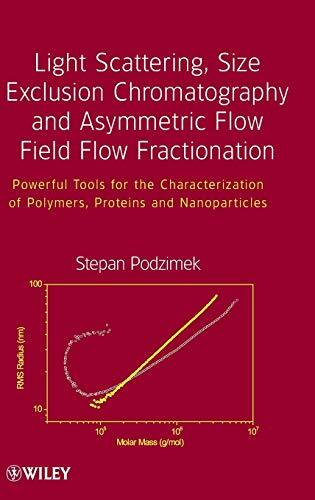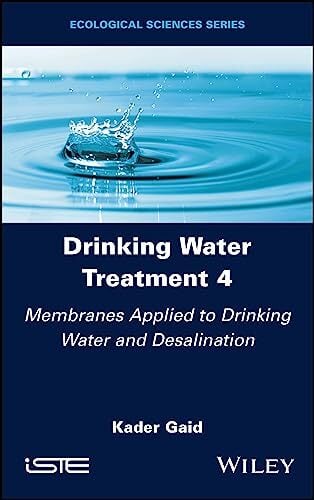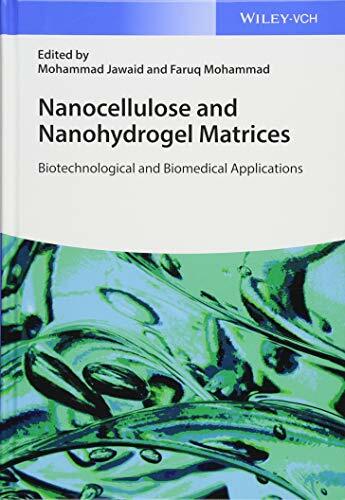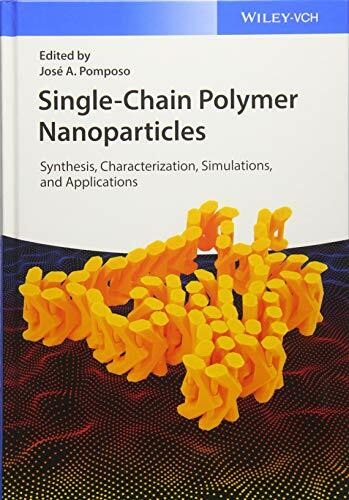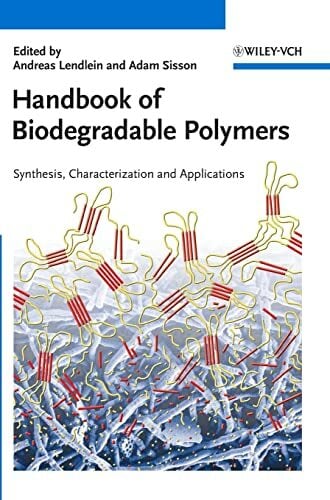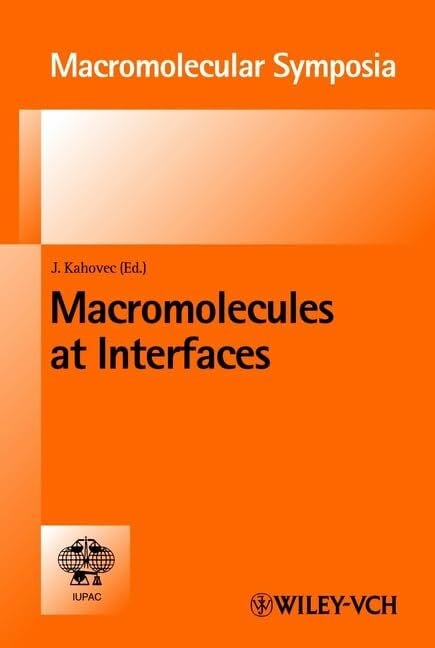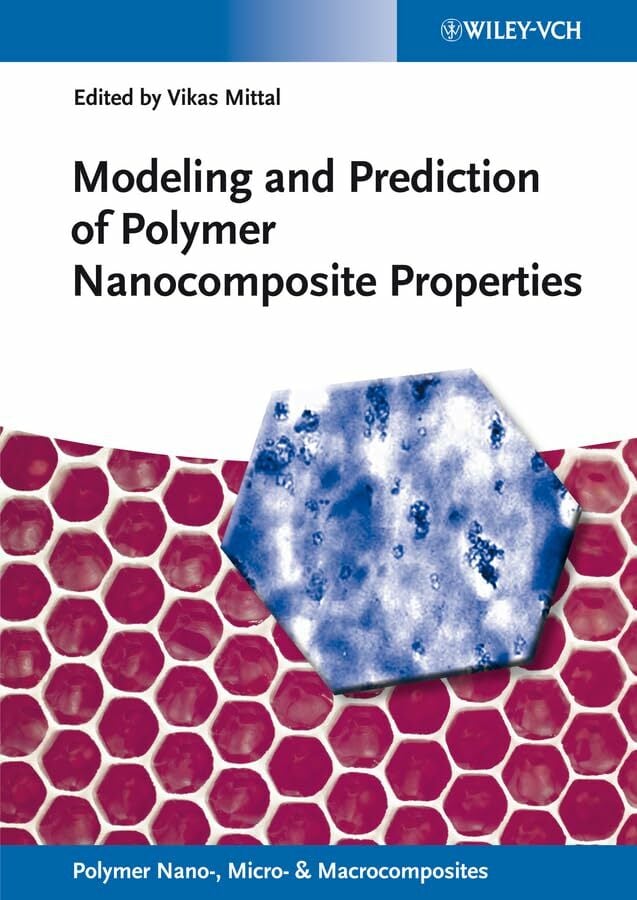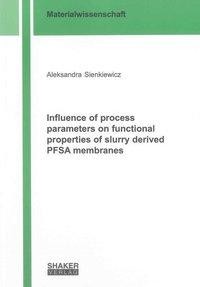
Influence of process parameters on functional properties of slurry derived PFSA membranes
Kurzinformation
inkl. MwSt. Versandinformationen
Artikel zZt. nicht lieferbar
Artikel zZt. nicht lieferbar

Beschreibung
The processing of perfluorosulfonic acid (PFSA) ionomer membranes derived from polymer slurry is the focus of this study. PFSA molecules self-aggregate and form micelles in a slurry as a consequence of its chemical structure. The gradual coalescence of polymer micelles occurs upon membrane formation processes. The particular application of PFSA membranes is proton conducting solid electrolyte for fuel cells, which operate at high temperatures up to 120°C and low relative humidity. The synthesis of PFSA is not a subject of this work. The polymer in a water-alcohol based slurry was provided by 3M Germany for the purpose of a scientific project. The main focus of this study was the characterization of membrane properties derived from a slurry as a consequence of variable process steps. The functional properties of PFSA membrane depend on process conditions. The investigated process parameters were as follows: homogenization and deareation of PFSA slurry, thermal treatment for drying and annealing, protonation for equilibration of ion content in the membrane. It can be concluded that the process steps influence functional properties of PFSA membrane including mechanical features. Therefore, the physical and chemical aspects of membrane formation were investigated. The following steps were defined as physical aspects: the energy input in the polymer slurry upon homogenization, casting parameters i.e. shear rate at constant humidity and temperature conditions, temperature and humidity during drying and annealing. The chemical features distinguished in processing were as follows: the chemical nature and concentration of ternary solvent, the acids utilized for membrane protonation. The investigation of PFSA slurry parameters was conducted by microscopic and rheological analysis. The variation in size and shape of polymer micelles was studied as a function of ternary solvent and energy input upon homogenization. It was concluded that energy input contributes to the formation of micelle agglomerates without differences in size of primary PFSA micelles, based on LSM study. Moreover, 3M PFSA in water and n-propanol shows shear thinning behaviour where dynamic viscosity decreases with an increase of shear rate based on rheological studies. The combination of dilution, solvent change and homogenization on polymer micelles was investigated by cryo-SEM. The energy input into binary solution did not lead to demixing of polymer with solvents in two separate phases. Such demixing was identified for PFSA slurry in ternary solvent system namely in water, n-propanol and diethylene glycol monoethyl ether. However, the size of primary micelles remained constant. It was clearly visible that the addition of ternary solvent inhibits the formation of micelles agglomerate upon homogenization in contrast to PFSA in binary solvent slurries. In addition, the influence of ternary solvent was visible also viscous behaviour of polymer slurry at low shear rates. All in all, the demixing of PFSA slurries had no negative impact on the thin film casting procedure. It was empirically proven that the defect-free membrane was obtained from PFSA slurry in the ternary solvents system in contrast to the membrane derived from H2O and C3H7OH in the same process route. Furthermore, solvents with dipole moment higher than 2 Debye may inhibit the micelle agglomeration in PFSA slurry upon homogenization based on a screening test of several organic solvents. It can be explained that the tendency to inhibit formation of vast micelle-agglomerates, which was found by cryo-SEM, was caused by solvent effect. Upon drying of the PFSA slurry, the gradual coalescence of polymer micelles led to formation of a gel-like membrane, that's structure is not yet networked where water and solvent molecules were embedded within PFSA micelles. Based on cryo-SEM studies of PFSA slurry and dried polymer, it was concluded that at 20°C only a few agglomerates in size of ~1 µm exist in slurry. Whereas such agglomerates were distinguished in a slurry heated to 80°C. The micelle agglomerate morphology was not visible and uniform membrane structure was formed after annealing at 130°C. Water and solvent residues remain in the structure of final PFSA membrane after processing, which was deduced based on IR study. In addition, STA-Evolved Gas Analysis proved that the selection and parameters of ternary solvents influence the content of chemically bonded water in the final membrane. Water and organic solvents show significant influence on mechanical and conductive properties of PFSA membrane. It is reasonable to deduce from detailed study made on PFSA processing from slurry to solid polymer that process steps have an impact on membrane quality for solid electrolyte applications. The pattern of a properties dependency on processing was established in this study. However, the presence of residual water and organic solvents in the final membrane did not explain how they are bonded with PFSA meso-structure. It was discovered by means of WAXS that the structure of membrane derived from a PFSA in ternary system (DEME, H2O, C3H7OH) is comparable to the morphology of juvenile membrane obtained after annealing at 235°C, although these samples were treated at 140°C or 180°C only. The elastic modulus of these membranes was relatively high, but conductive properties were equal in comparison to samples derived from binary solvent system. Therefore, DEME enhanced membranes are promising for high temperature applications. The impact of ternary solvent on membrane properties results in variable meso-structure and chain dynamics was deduced based on DMTA. Three thermal transitions exist correlating to the PFSA chains movement and appear in the spectrum as a, ß or ?-peaks. The enhanced membrane with DMSO, acetone or DEME experienced significant differences in coupling of internal relaxations in contrast to samples derived from H2O/C3H7OH. An effect on membrane storage modulus and proton conductivity was not equal for all ternary solvents. The existence of temporary or permanent modifications is significant for technical PFSA applications. However, it was discovered based on NMR and EIS that protonation did not cause significant differences in properties of enhanced membranes. Furthermore, additional solvents may be incorporated into the PFSA structure upon thermal treatment and result in formation of a polymer blend like as in the case of DEME-membrane. These enhanced membranes expose reduced water uptake which may be essential for polymer electrolyte applications. Furthermore, it shows potential for further studies on polymer blends based on PFSA slurry as a substrate and their technological application. The mechanical properties depend upon ternary solvent features particularly below glass transition temperature of the PFSA membrane. It can be concluded that high polar solvents e.g. NMP, DMSO act as a softener on PFSA, and low polar solvents e.g. diethylene glycol monoethyl ether act as a stiffener. von Sienkiewicz, Aleksandra
Produktdetails

So garantieren wir Dir zu jeder Zeit Premiumqualität.
Über den Autor
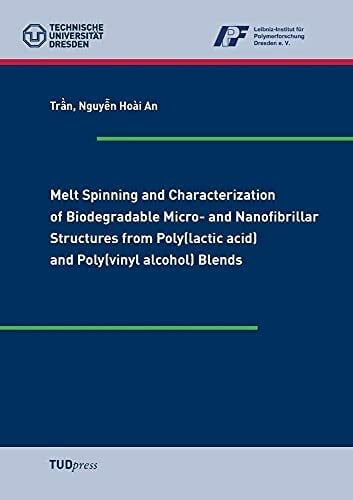
- paperback
- 216 Seiten
- Erschienen 2016
- TUDpress

- Gebunden
- 473 Seiten
- Erschienen 2011
- Wiley-VCH

- Gebunden
- 350 Seiten
- Erschienen 2022
- Wiley-VCH
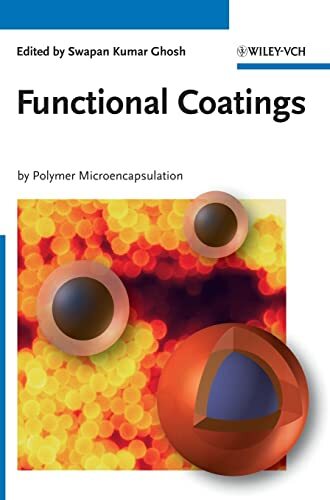
- hardcover
- 371 Seiten
- Erschienen 2006
- Wiley-VCH

- Gebunden
- 714 Seiten
- Erschienen 2007
- CRC Press Inc
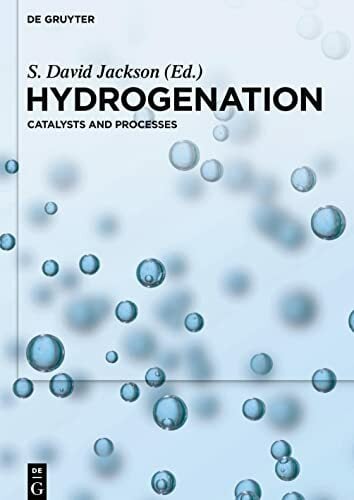
- hardcover
- 203 Seiten
- Erschienen 2018
- De Gruyter

- Gebunden
- 492 Seiten
- Erschienen 2014
- Wiley-VCH
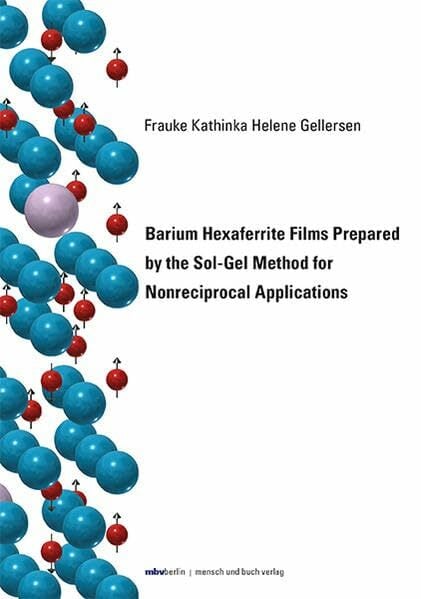
- paperback
- 120 Seiten
- Erschienen 2019
- Mensch & Buch

- Gebunden
- 284 Seiten
- Erschienen 2020
- Wiley-VCH

- Gebunden
- 1308 Seiten
- Erschienen 2017
- Elsevier

- hardcover
- 777 Seiten
- Erschienen 2002
- Hanser Pub Inc

- Gebunden
- 615 Seiten
- Erschienen 2011
- Springer

- Gebunden
- 346 Seiten
- Erschienen 2008
- Wiley-VCH

- paperback
- 148 Seiten
- Erschienen 2002
- trafo verlag

- Gebunden
- 229 Seiten
- Erschienen 2012
- Wiley-VCH









